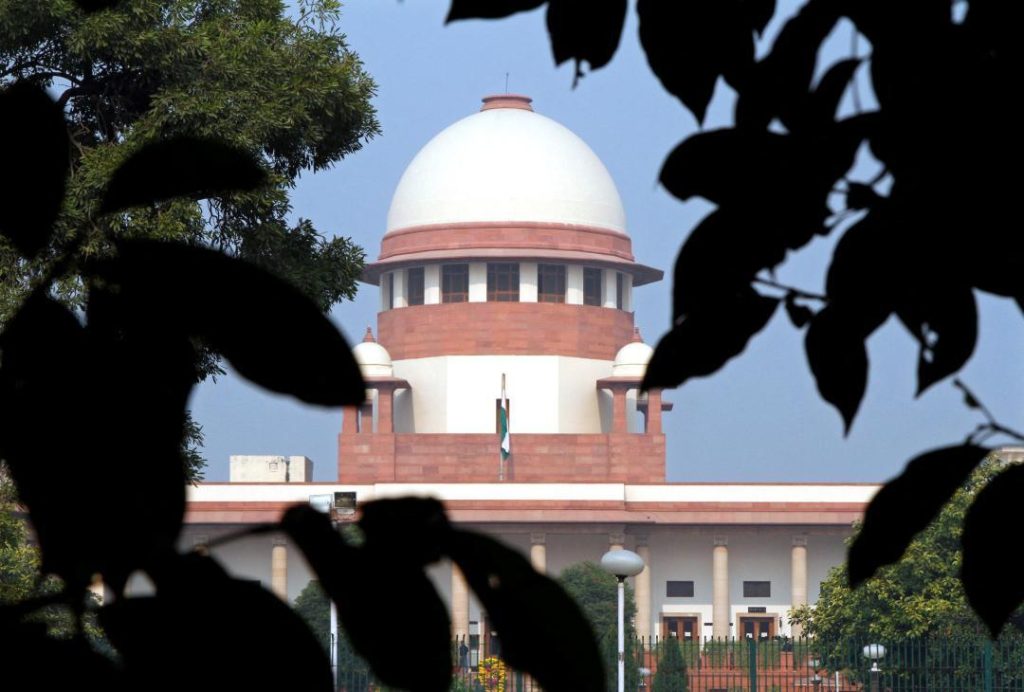
SC Frees 6 Murder Accused After 71 Witnesses, Including Victim’s Son, Turn Hostile
The Indian judiciary has once again demonstrated its commitment to upholding the principles of fair trial and justice, as the Supreme Court recently acquitted six murder accused after 71 of the 84 witnesses, including the victim’s son, retracted their statements. This shocking turn of events has sent shockwaves across the country, highlighting the importance of ensuring the credibility of witnesses in court proceedings.
The case dates back to 2017, when a 35-year-old man was allegedly murdered in a dispute over a property. The victim’s family, including his son, lodged a complaint against six accused, who were subsequently arrested and charged with murder. The trial court acquitted all the accused in 2020, but the Karnataka High Court overturned the decision in 2023, convicting the six accused.
However, the Supreme Court, in a recent review of the case, set aside the High Court’s order and acquitted the accused, citing the sudden and unexpected change of heart exhibited by the witnesses. The court noted that 71 of the 84 witnesses, including the victim’s son, retracted their statements, which had been the primary evidence against the accused.
In its judgement, the Supreme Court observed that the High Court had “egregiously erred” in convicting the accused, given the dramatic shift in witness testimony. The court expressed its disappointment at the High Court’s failure to consider the changed circumstances, stating, “With a heavy heart…but with absolutely no misgivings…we acquit the accused.”
The Supreme Court’s decision is a significant reminder of the importance of ensuring the credibility of witnesses in court proceedings. In a system where witnesses are often the only evidence against an accused, it is crucial that their testimony is reliable and trustworthy. The sudden change of heart exhibited by the 71 witnesses in this case raises serious questions about the reliability of the victim’s son’s testimony, which had been instrumental in securing the conviction of the accused.
Moreover, the Supreme Court’s decision highlights the need for a thorough investigation into the circumstances surrounding the murder. The court’s acquittal of the accused implies that the prosecution’s case was weak and lacked concrete evidence. This, in turn, raises concerns about the effectiveness of the investigation and the quality of the evidence collected.
The case also underscores the importance of protecting the rights of the accused. The Supreme Court’s acquittal of the accused is a reminder that the burden of proof lies with the prosecution, and that the accused has the right to a fair trial. The court’s decision ensures that the accused are not wrongly convicted, and that the principle of innocent until proven guilty is upheld.
In conclusion, the Supreme Court’s acquittal of the six murder accused after 71 witnesses, including the victim’s son, turn hostile is a significant development in the Indian legal system. The case highlights the importance of ensuring the credibility of witnesses and the need for a thorough investigation into the circumstances surrounding the crime. The Supreme Court’s decision is a reminder of the importance of upholding the principles of fair trial and justice, and of protecting the rights of the accused.






